I Feel Like We Need A Refresher On Watsonian Vs Doylist Perspectives In Media Analysis. When You Have
I feel like we need a refresher on Watsonian vs Doylist perspectives in media analysis. When you have a question about a piece of media - about a potential plot hole or error, about a dubious costuming decision, about a character suddenly acting out of character -
A Watsonian answer is one that positions itself within the fictional world.
A Doylist answer is one that positions itself within the real world.
Meaning: if Watson says something that isn't true, one explanation is that Watson made a mistake. Another explanation is that Sir Arthur Conan Doyle made a mistake.
Watsonian explanations are implicitly charitable. You are implicitly buying into the notion that there is a good in-world reason for what you're seeing on screen or on the page. ("The bunny girls in Final Fantasy wear lingerie all the time because they're from a desert culture!")
Doylist explanations are pragmatic. You are acknowledging that the fiction is shaped by real-world forces, like the creators' personal taste, their biases, the pressures they might be under from managers or editors, or the limits of their expertise. ("The bunny girls in Final Fantasy wear lingerie because somebody thought they'd sell more units that way.")
Watsonian explanations tend to be imaginative but naive. Seeking a Watsonian explanation for a problem within a narrative is inherently pleasure-seeking: you don't want your suspension of disbelief to be broken, and you're willing to put in the leg work to prevent it. Looking for a Watsonian answer can make for a fun game! But it can quickly stray into making excuses for lazy or biased storytelling, or cynical and greedy executives.
Doylist explanations are very often accurate, but they're not much fun. They should supersede efforts to provide a Watsonian explanation where actual harm is being done: "This character is being depicted in a racist way because the creators have a racist bias.'" Or: "The lore changed because management fired all of the writers from last season because they didn't want to pay then residuals."
Doylism also runs the risk of becoming trite, when applied to lower stakes discrepancies. Yes, it's possible that this character acted strangely in this episode because this episode had a different writer, but that isn't interesting, and it terminates conversation.
I think a lot of conversations about media would go a lot more smoothly, and everyone would have a lot more fun, if people were just clearer about whether they are looking to engage in Watsonian or Doylist analysis. How many arguments could be prevented by just saying, "No, Doylist you're probably right, but it's more fun to imagine there's a Watsonian reason for this, so that's what I'm doing." Or, "From a Watsonian POV that explanation makes sense, but I'm going with the Doylist view here because the creator's intentions leave a bad taste in my mouth that I can't ignore."
Idk, just keep those terms in your pocket? And if you start to get mad at somebody for their analysis, take a second to see if what they're saying makes more sense from the other side of the Watsonian/Doylist divide.
More Posts from Allformsofisolation and Others

Particle physicist Fabiola Gianotti has become the first woman to head CERN, the organization based in Switzerland that is home to the Large Hadron Collider. She succeeds outgoing director-general Rolf Heuer, who oversaw the laboratory’s operations for the last seven years.
Previously, Gianotti headed the ATLAS collaboration, one of two teams responsible for the discovery of the elusive Higgs boson on July 4, 2012. She quickly became a favorite figure in the media coverage surrounding that achievement — partly because of her gender (only 20% of the ATLAS team were women), and for her elegantly understated style, but also for her good humor.
For instance: Her use of the much-derided Comic-Sans typeface on her Powerpoint slides during that historic announcement was the source of much Internet amusement. Gianotti took the ribbing in stride. She even made an April Fool’s Day decree to make Comic Sans the official document typeface for all of CERN. She was a runner-up for Time magazine’s Person of the Year in 2012.
Gianotti’s father is a retired geologist, while her mother had a passion for music and art. Their daughter, born in 1962, effortlessly straddles both cultural realms, excelling not just in physics, but also music, cooking, and even dance (she trained as a ballerina as a child). “Musical harmony is based on physical principles while in cooking, ingredients must be weighed out with precision,” she told the Guardian in 2014, when her selection as the next director-general of CERN was announced. “At the same time, you have to able to invent, because if one follows the same recipe all the time, you never create anything new.”
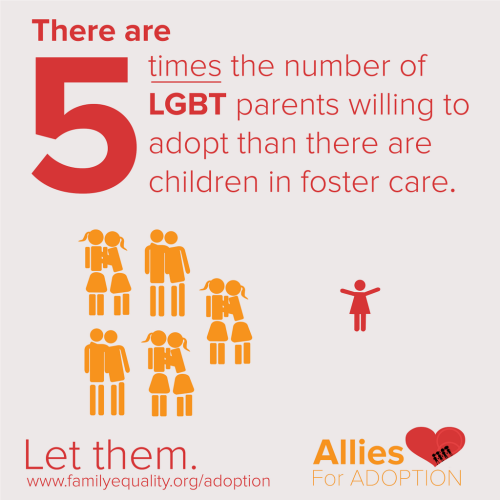
I’m high functioning! Just ask all of my neurotypical friends! I’m high functioning… until I misplace something. Or I hear a loud noise. Or I reach an unknown area of the social script. Or I can’t stop feeling an unpleasant tactile sensation. Or someone treats me badly. Or my electronics won’t work. Or I’m hungry. Or I’m tired. Or I don’t have a solution for someone else’s pain. Or I have to engage with a task without being given time to analyze it. Or I’m not permitted to use a familiar system to handle a situation. Or things just don’t make sense. Or I’ve just been through too much in the past five minutes. Hour. Day. Week. I’m not high functioning. That’s just a term neurotypical folk use to not acknowledge or straight up minimalize my issues on the occasions that I manage to avoid all of the above.
Audrey Sterling, about autism (via somatizadxs)
Life tip for the 18-26 crowd: if you’re considering a career in a field where the big selling point is that soon all the [Generational Cohort] will retire and all the jobs will open up, don’t do it. And don’t get a Masters degree in it.
Moreover, unless you have family or spousal money to fall back on, stay away from fields where management weaponizes employees’ “passion” against their need for a wage commensurate with COL in their area.
Get an MBA, get project management experience, learn about organizational psychology, and start getting those experiences as soon as you can.
I don’t regret my choices; they’ve led me to the very exciting place I am now with a book coming out, and some amazing interviews lined up. But if I knew 12 years ago what I know now, I would have made some alterations.

– Henry Wadsworth Longfellow

Goals

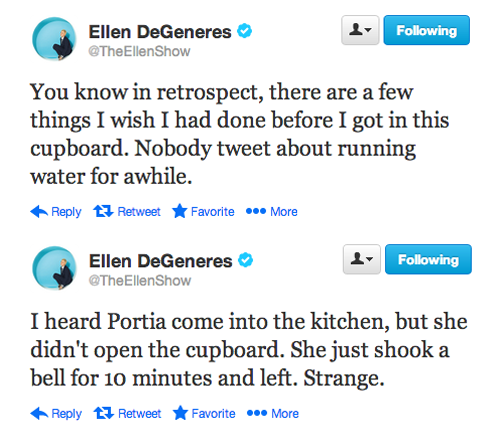
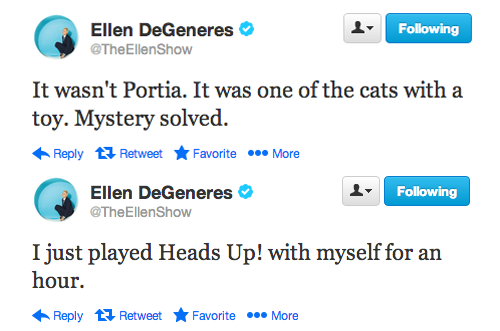

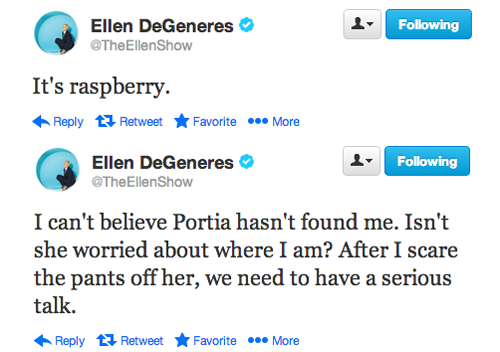
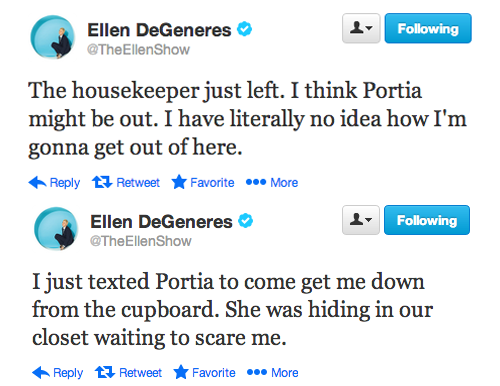
Being like. Post-suicidal is so strange. Like hiiiii everybody im new I spent a good chunk of my life languishing and have like 3 or 4 lived experiences. But now I'm ready to fuck and party or whatever. Can we be friends. Im so happy to be here. Can we be friends
“Every man has his secret sorrows which the world knows not; and often times we call a man cold when he is only sad.”
Henry Wadsworth Longfellow (via kushandwizdom)
-
 universeusurper reblogged this · 1 week ago
universeusurper reblogged this · 1 week ago -
 jmindigo liked this · 1 week ago
jmindigo liked this · 1 week ago -
 deadjim reblogged this · 1 week ago
deadjim reblogged this · 1 week ago -
 deadjim liked this · 1 week ago
deadjim liked this · 1 week ago -
 moxxie-monoxide liked this · 1 week ago
moxxie-monoxide liked this · 1 week ago -
 ilacatz reblogged this · 1 week ago
ilacatz reblogged this · 1 week ago -
 calamity-triquetra liked this · 1 week ago
calamity-triquetra liked this · 1 week ago -
 roseofbattles liked this · 1 week ago
roseofbattles liked this · 1 week ago -
 authoralexharvey reblogged this · 1 week ago
authoralexharvey reblogged this · 1 week ago -
 emberwritesinsight liked this · 1 week ago
emberwritesinsight liked this · 1 week ago -
 samferd liked this · 1 week ago
samferd liked this · 1 week ago -
 lemon-aise reblogged this · 1 week ago
lemon-aise reblogged this · 1 week ago -
 terribledactyl reblogged this · 1 week ago
terribledactyl reblogged this · 1 week ago -
 universalthaumaturge liked this · 1 week ago
universalthaumaturge liked this · 1 week ago -
 letnonebethenoose reblogged this · 1 week ago
letnonebethenoose reblogged this · 1 week ago -
 animammal reblogged this · 1 week ago
animammal reblogged this · 1 week ago -
 masked-and-doomed reblogged this · 1 week ago
masked-and-doomed reblogged this · 1 week ago -
 masked-and-doomed liked this · 1 week ago
masked-and-doomed liked this · 1 week ago -
 aroredhoodie reblogged this · 1 week ago
aroredhoodie reblogged this · 1 week ago -
 l0ckjaws reblogged this · 1 week ago
l0ckjaws reblogged this · 1 week ago -
 robins-den reblogged this · 1 week ago
robins-den reblogged this · 1 week ago -
 ghosthoard liked this · 1 week ago
ghosthoard liked this · 1 week ago -
 imperialkatwala reblogged this · 1 week ago
imperialkatwala reblogged this · 1 week ago -
 liminalumi reblogged this · 1 week ago
liminalumi reblogged this · 1 week ago -
 getintothesun reblogged this · 1 week ago
getintothesun reblogged this · 1 week ago -
 shinkei-shinto reblogged this · 1 week ago
shinkei-shinto reblogged this · 1 week ago -
 avatarvyakara liked this · 1 week ago
avatarvyakara liked this · 1 week ago -
 caffeineconneisseur liked this · 1 week ago
caffeineconneisseur liked this · 1 week ago -
 lizzieshinkicker liked this · 1 week ago
lizzieshinkicker liked this · 1 week ago -
 not-quite-a-ghost liked this · 1 week ago
not-quite-a-ghost liked this · 1 week ago -
 raytoroinmybackpack reblogged this · 1 week ago
raytoroinmybackpack reblogged this · 1 week ago -
 raytoroinmybackpack liked this · 1 week ago
raytoroinmybackpack liked this · 1 week ago -
 whatisacrescentrollforinitiative reblogged this · 1 week ago
whatisacrescentrollforinitiative reblogged this · 1 week ago -
 arataya reblogged this · 1 week ago
arataya reblogged this · 1 week ago -
 sheepscot reblogged this · 1 week ago
sheepscot reblogged this · 1 week ago -
 therapybard liked this · 1 week ago
therapybard liked this · 1 week ago -
 star3synth liked this · 1 week ago
star3synth liked this · 1 week ago -
 watermelon-converse reblogged this · 1 week ago
watermelon-converse reblogged this · 1 week ago -
 frozenwolftemplar reblogged this · 1 week ago
frozenwolftemplar reblogged this · 1 week ago -
 silv3r-sev3n reblogged this · 1 week ago
silv3r-sev3n reblogged this · 1 week ago -
 nielution liked this · 1 week ago
nielution liked this · 1 week ago -
 tuxxydo reblogged this · 1 week ago
tuxxydo reblogged this · 1 week ago -
 somegirlblr reblogged this · 1 week ago
somegirlblr reblogged this · 1 week ago -
 kittenlover614 reblogged this · 1 week ago
kittenlover614 reblogged this · 1 week ago -
 kittenlover614 liked this · 1 week ago
kittenlover614 liked this · 1 week ago -
 uxienya reblogged this · 1 week ago
uxienya reblogged this · 1 week ago -
 uxienya liked this · 1 week ago
uxienya liked this · 1 week ago
The act of feeling mentally and physically alone.
50 posts